Oracle Vs Google Wrap-Up: All Possibilities
The are several different things that could happen as the jury deliberates in the most massive case in code in recent history: Oracle vs Google with Android's life in the balance and the freedom of all developers hanging in the balance. Or so some would have you believe. In reality there are more than just terrifying outcomes here in the case that's destined to go down in Java history one way or another – but the scary outcomes are there as well indeed. Lets have a look at what we've seen thus far as well as what we'll see as the jury makes their decision.
This case, or the makings of this case, started over a year ago with talk that Oracle would be crushing Google for their mis-use of copyrighted code in Android. Of course as you and I know, that case only got down to business early this year. Have a look at the [Oracle Portal] and you'll find that the first story sits all the way back in 2010 with Oracle Sues Google over Java usage in Android, Google calling it "baseless." We very quickly started seeing evidence of code placing as well as denials of evidence and an analyticsl column on the subject by the name of My Two Concerns for Android.
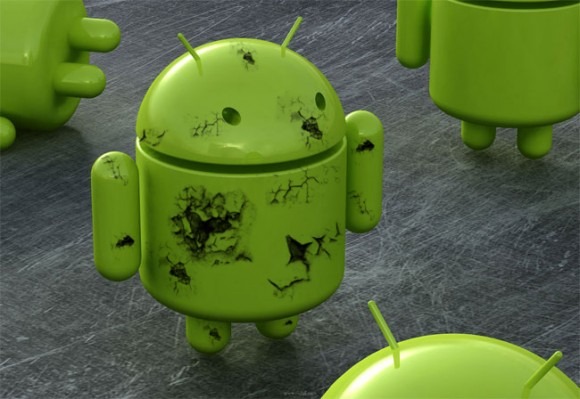
It was all the way back in July of 2011 that Google CEO Larry Page had a 2 hour Oracle grilling for the case as it stood then, with settlement talks coming in September of that year.

It was all the way up in April of 2012 that we heard the next words on the case as Google and Oracle set their trial date. We started to hear that Google would owe Oracle $543 million USD if Oracle won – through Google quickly quashed that talk somewhat. Oracle spoke up as the trial began with a note that Google executives damned themselves.
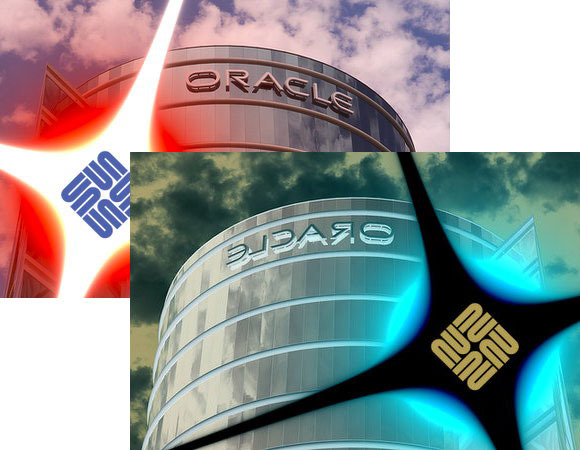
It was revealed that at one point or another Oracle considered purchasing RIM and/or Palm. Google pounced on the possibility that Oracle was simply acting as a Vampire now that their own smartphone venture had died. It was then that the tech pundits weighed in.
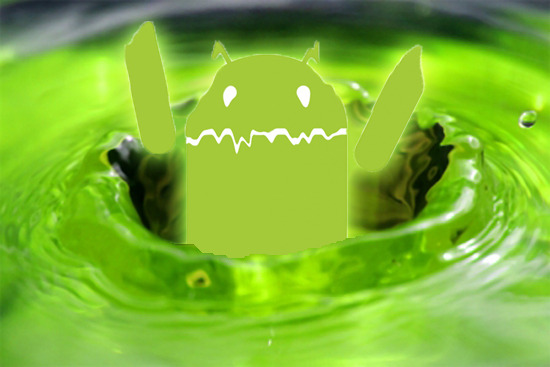
Google's own Java gury Joshua Bloch who said the whole situation was a bummer, and that "it was a mistake." Google's Andy Rubin also spoke up saying that he did not believe that Android needed Java API licensing at all. Amongst all the law talk and fray we got to see plans for the original Google Phone as well as sheets showing Android revenue for the first time ever.
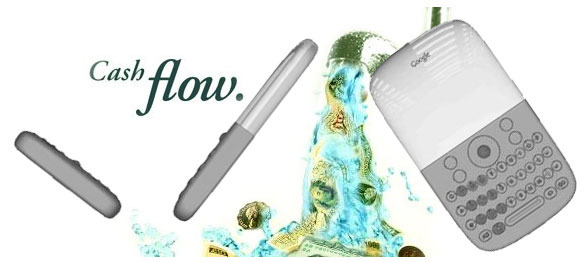
Andy Rubin spoke up saying that Android ad cash was unexpected and that Google services is all they'd originally hoped to push. One of the star witnesses called to the stand in the case was the Google-supporting ex-Sun CEO Jonathan Schwartz who said he supported Google's use of codes for Android. Oracle responded with the former chairman of Sun Scott McNealy, full of fire for Schwartz to put it mildly.
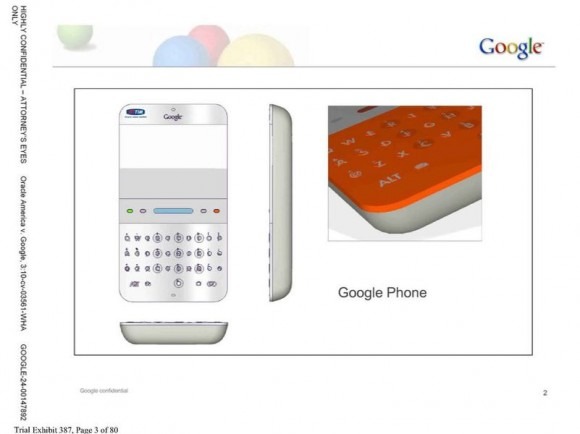
The father of Java, James Gosling, called to the stand said "Google totally slimed Sun." We heard closing arguments from Google as well as Oracle and the jury was sent out to deliberate. Now we're sitting and waiting to see what happens. What's likely to happen is one of the following:
1. Google is found not guilty of any wrong-doing due to fair use laws covering the APIs they used.
2. The jury rules that Google had no right to use the codes and did need to work with Sun to attain licenses for the codes in question.
3. A combination of these two in which the jury affirms the APIs as copyrighted yet that the way they were used here is fine. The syntax of the function signatures might be such that they're covered under fair use.
The results of this case could, again, have far-reaching results that would affect how all coding and software development is done. Have a peek at this clip from Andrew Binstock of Dr. Dobbs to feel the full heat:
"Should this come to pass, numerous products will suddenly find themselves on an uncertain legal standing in which the previously benign but now newly empowered copyright holders might assert punitive copyright claims. Chief among these would be any re-implementation of an existing language. So, Jython, IronPython, and PyPy for Python; JRuby, IronRuby, and Rubinius for Ruby; Mono for C# and VB; possibly C++ for C, GCC for C and C++ and Objective-C; and so forth. And of course, all the various browsers that use JavaScript might owe royalties to the acquirers of Netscape's intellectual property." – Binstock
Binstock is referring to the possibility that the results of this case would include the jury finding that the copyrights up top of every file that the Java source includes would cover the specific syntax of the APIs included. That could be a scary situation for everyone in the developer world. Or at least it could change the way everyone does business.
We'll see this week we hope – the jury could, on the other hand, take up to a week to deliberate at which point this case could be carried up to a higher court if either party isn't satisfied with the results. This could be a long one, folks!
